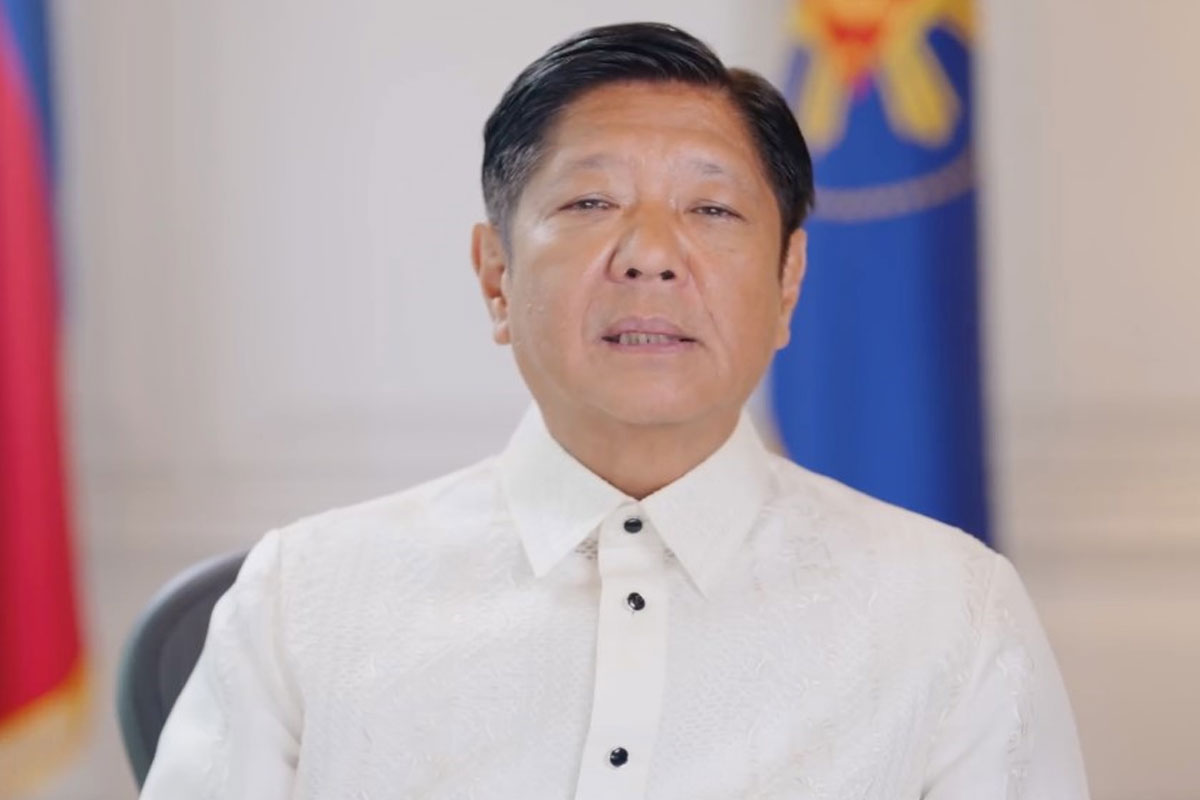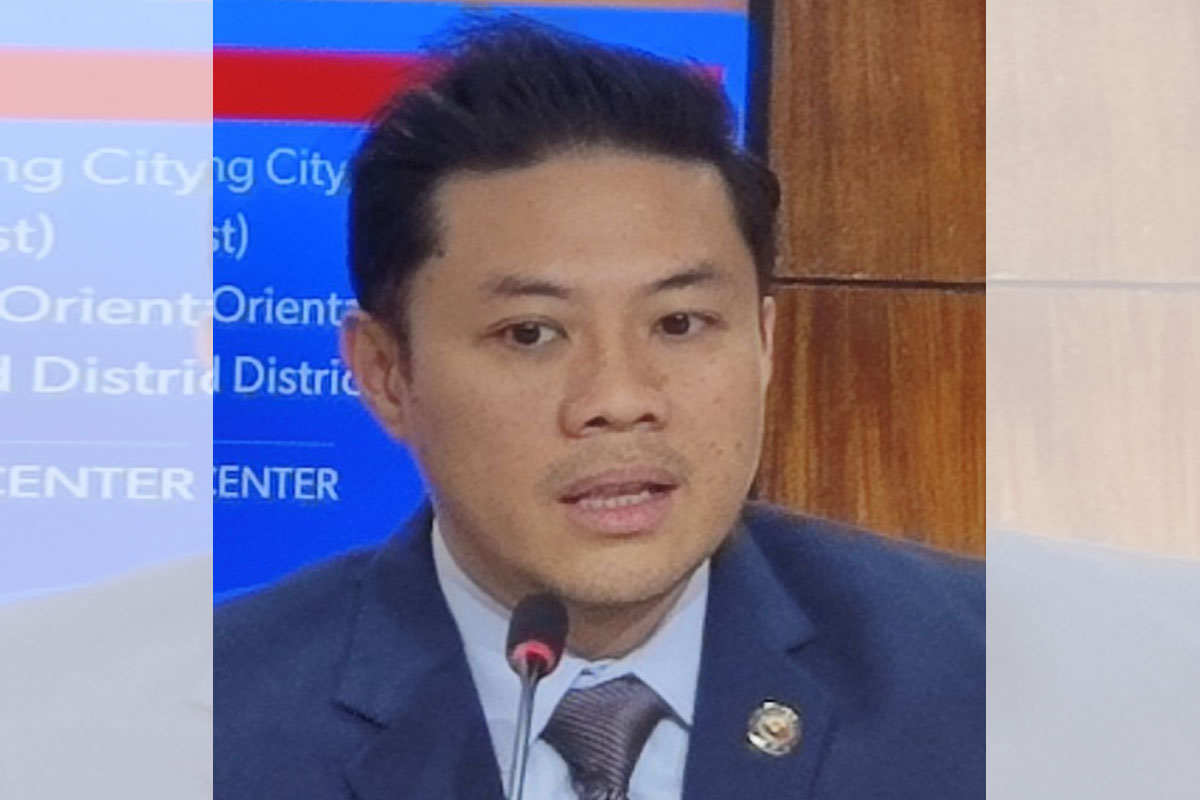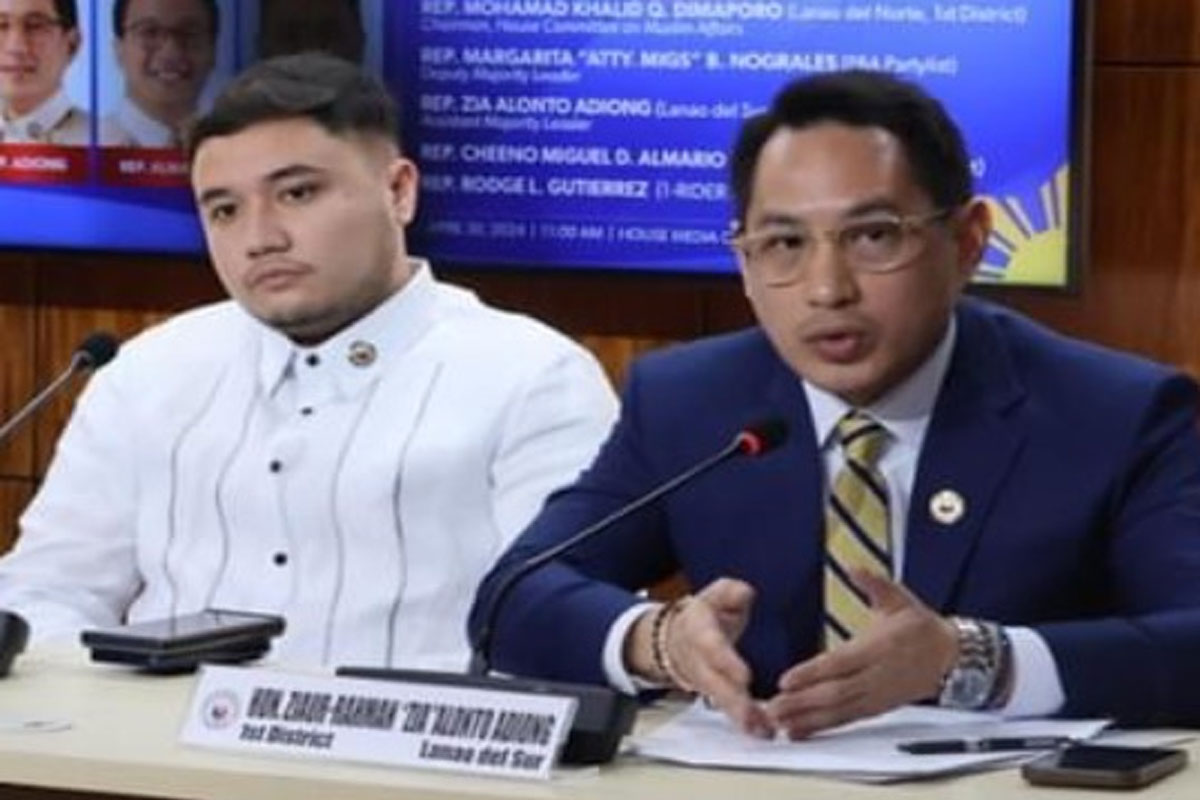
NUCLEAR, TRADE TALKS
THE NUCLEAR energy cooperation and trade relations between the Philippines and the United States (US) took center stage during a meeting of the Philippine delegation led by Speaker Ferdinand Martin G. Romualdez with Rep. Gary Palmer of Alabama’s 6th District at Capitol Hill, Washington D.C. on April 16 (Tuesday afternoon US time).
Palmer is a member of the U.S. House Committee on Energy and Commerce and the Committee on Oversight and Accountability.
Romualdez opened the dialogue by emphasizing the significance of the 123 Agreement, a civil nuclear deal entered into by the U.S. and Philippines in November 2023 that allows the transfer of nuclear energy-related materials and components between the two countries.
“The 123 Agreement lays the legal framework for potential nuclear power projects with U.S. providers and paving the way for streamlining the licensing requirements for the private sector with respect to investments on nuclear-related intangible transfers of technology,” the House Leader said.
Joining Speaker Romualdez in the dialogue were Senior Deputy Speaker Aurelio “Dong” Gonzales Jr., House Majority Leader Manuel Jose “Mannix” M. Dalipe, Deputy Speaker David “Jay-jay” Suarez, Agusan del Norte Rep. Jose “Joboy”Aquino II, House Secretary General Reginald “Reggie” Velasco, Deputy Secretary General David Robert Amorin, and Philippine Ambassador to Japan Mylene Garcia-Albano.
The agreement was signed by U.S. Secretary of State Antony Blinken and Philippine Department of Energy Secretary Raphael Lotilla during the sidelines of the 30th Asia-Pacific Economic Cooperation Leaders’ Summit in San Francisco, as witnessed by President Ferdinand Marcos Jr.
Negotiations on the 123 Agreement were initiated in November 2022 during a visit by U.S. Vice President Kamala Harris to the Philippines.
Shifting the discussion to trade, Speaker Romualdez underscored the significance of re-authorizing the Generalized System of Preferences (GSP) program, which expired on December 31, 2020.
GSP is the largest and oldest U.S. trade preference program that provides nonreciprocal, duty-free treatment enabling many of the world’s developing countries to spur diversity and economic growth through trade.














